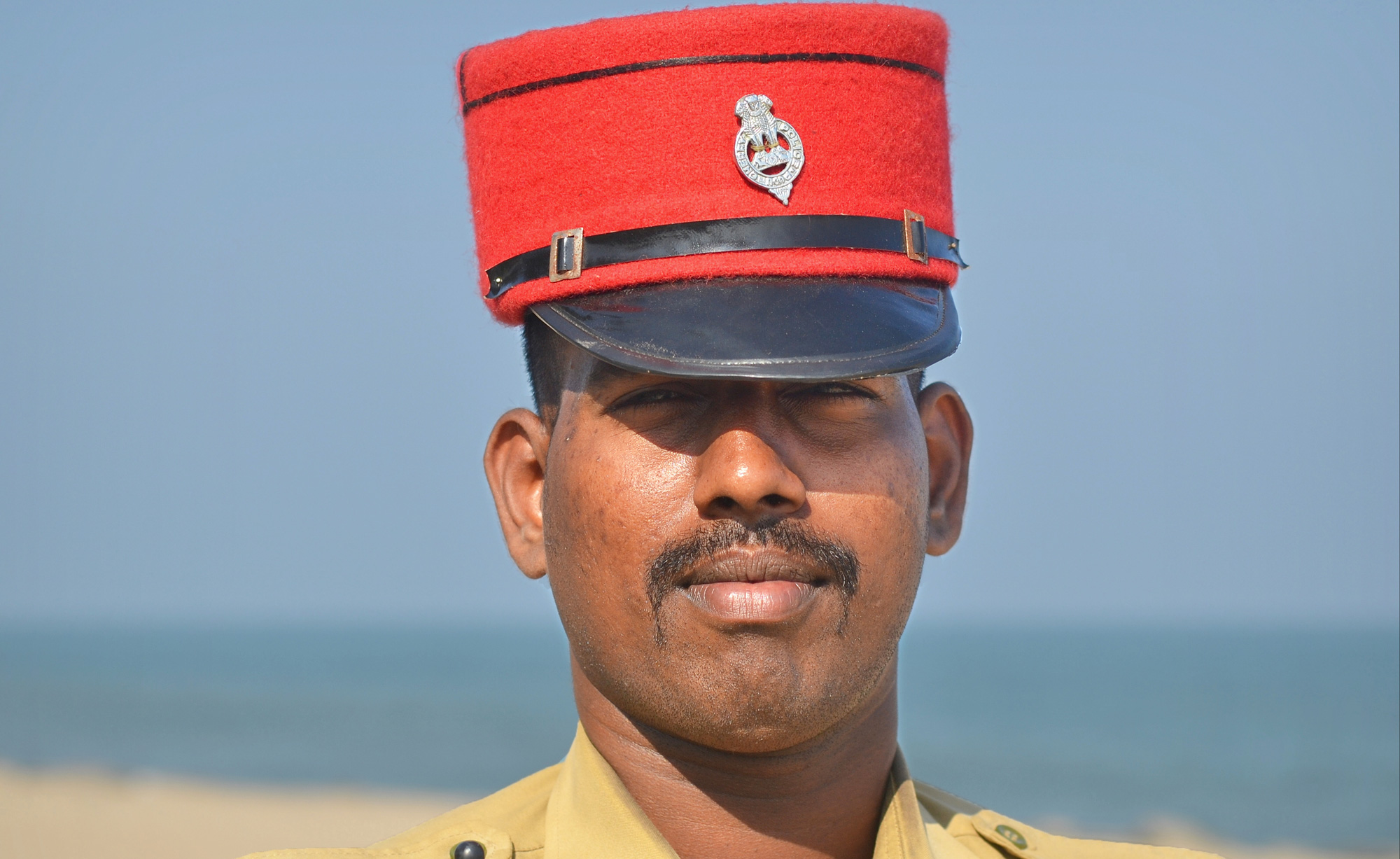Policemen are expected to be razor-sharp. It is a pity that the men in uniform seldom meet such expectations. But then, perception matters — how else can they wield the stick meant for criminals and, in New India, dissenters? Now, a senior cop in Uttar Pradesh has found a way around the problem. Doing away with razors, Binod Kumar Singh, an additional director-general of the provincial armed constabulary, has realized could be one way of making policemen look not just sharp but also menacing. Mr Singh’s epiphany took place, tellingly, at the Kumbh mela, which is, in a manner of speaking, a congregation of moustachioed men. However, Mr Singh, who has confessed his yearning for a handlebar himself, had been inspired not by sadhus but by a few policemen with considerable facial hair. Taken in with Mr Singh’s idea, the PAC has now announced a 400 per cent hike for moustachioed cops, reviving an incentive that had continued well into the 1980s from the days of the raj. The revival of this tradition sits rather well with the fact that Mr Singh and the PAC serve an elected dispensation that is committed to taking Uttar Pradesh — some would say India as well — back to the past.
But then there has always been something between men and moustaches. What makes a thick strip of hair on the upper lip so irresistible for men is the moustache’s association with manliness and the qualities presumed to be vested in it — bravado, virility, machismo. Curiously, ancient texts claim that it was the demons who beat the devas to the discovery of the umbilical cord that has, over the ages, bound men to their moustaches. Kings of yore emulated them, as have modern-day monarchs — in some parts of North India, a bristle is worn as a badge to distinguish the higher castes from those who occupy the lower rungs of the social ladder. Popular culture has played along faithfully, cleverly diffusing the lines between virtue and villainy. Southern India cannot imagine a hero without facial hair; further up in the northern direction is the villainous, but adored, Gabbar Singh; could he have achieved cinematic immortality sans whiskers? Admittedly whiskers are exclusive; not everyone is allowed to sprout one. A woman with a moustache was thought to be an ogress, someone who challenges the very foundation of the natural order. Clean-shaven men were considered to be effeminate and, hence, cowardly.
Until, arguably, David Beckham appeared on the scene. The Metrosexual Man may have been urbane, cool, and consumerist. But this whiskerless wonder did expose the prejudice and the hollowness inherent to the Moustache-Manliness Equation. Men, suddenly, could cry — even wear a thong — without fearing banishment from the brotherhood. The corporate world, too, chipped in with its insistence on men with gleaming cheeks. The heavens have not fallen yet.
Mr Singh, evidently, is looking in the opposite direction. Does the ‘P’ in police then signify ‘primitive’?











